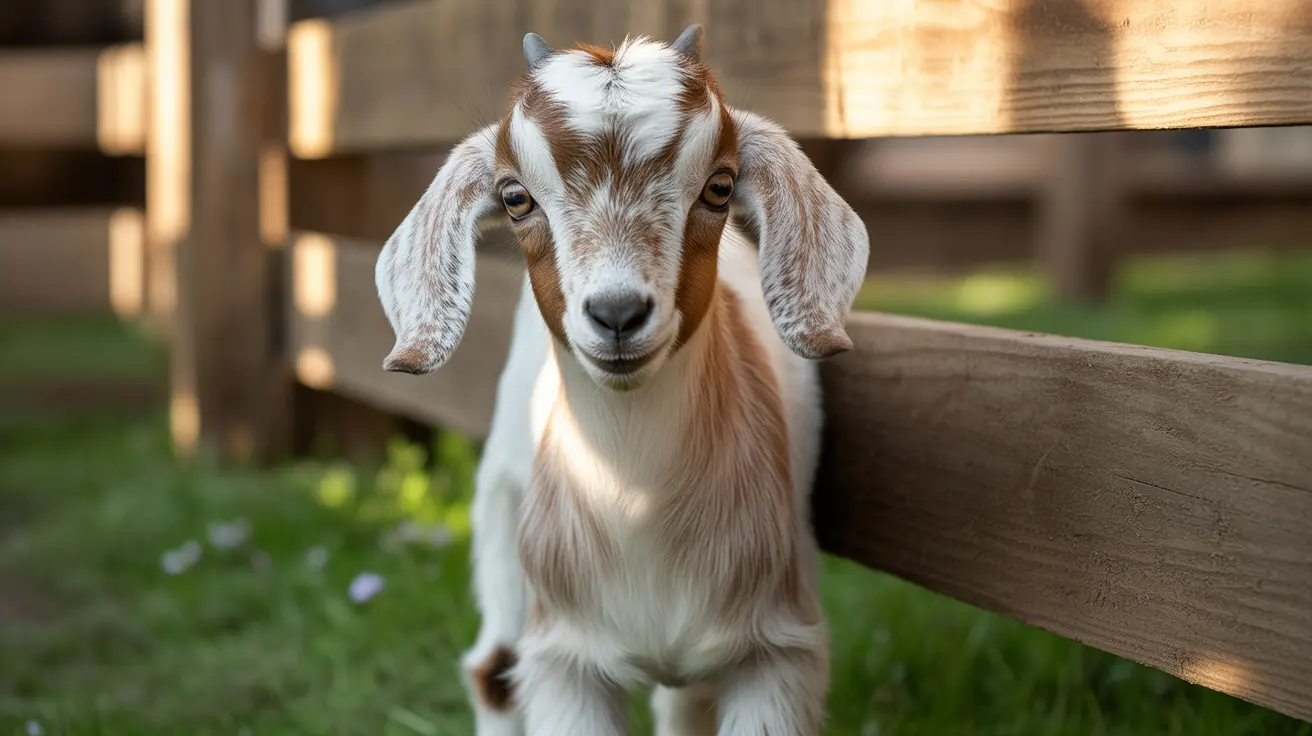Fruits Dogs Should Avoid: What Not to Feed Your Pet
While dogs can enjoy a variety of fruits as occasional treats, not all fruits are safe for canine consumption. Responsible pet owners need to understand which foods can be harmful or even toxic for their furry companions. Below, we’ll explore the fruits that dogs should never eat and explain why they can be dangerous.
1. Grapes and Raisins
Grapes and raisins are known to be highly toxic to dogs. Even small amounts can lead to serious health complications such as rapid kidney failure. The exact toxic substance in grapes is unknown, but veterinary professionals report cases of toxicity even with minimal ingestion. Symptoms of grape or raisin toxicity include:
- Vomiting and diarrhea
- Lethargy
- Loss of appetite
- Abdominal pain
- Dehydration
- Acute kidney failure
If your dog eats grapes or raisins, seek immediate veterinary assistance.
2. Avocados
Avocados contain a substance called persin, which can be toxic to dogs in large amounts. While most dogs are affected only mildly, persin can cause vomiting and diarrhea. Additionally, the large seed poses a choking hazard and can cause intestinal blockage.
3. Citrus Fruits in Large Quantities
Oranges, mandarins, and clementines can be offered in small, peeled, seedless portions, and provide vitamins and fiber. However, their high sugar and citric acid content can lead to digestive issues, especially in overweight or diabetic dogs. Lemons, limes, and grapefruits are often too tart and acidic, causing gastrointestinal upset.
When feeding citrus fruits:
- Start with a small quantity
- Watch for signs of stomach sensitivity
- Never serve the peel or seeds
4. Other Toxic Foods to Avoid
In addition to the fruits mentioned, there are other dangerous foods that should never be given to dogs:
- Onions and garlic – Can damage red blood cells and cause anemia
- Chocolate – Contains theobromine, which is toxic to dogs
- Macadamia nuts – Can lead to muscle tremors and weakness
- Alcohol – Even small amounts can be fatal
Fruits That Are Safe in Moderation
Some fruits are safe and healthy for dogs in limited amounts:
- Apples – Rich in fiber and vitamin A, but avoid the seeds
- Blueberries – Contain antioxidants and are low in calories
- Watermelon – Hydrating and refreshing, but remove the seeds and rind
- Strawberries – Provide fiber, vitamins, and antioxidants
- Carrots and green beans – Technically vegetables but low-calorie and safe options
When giving your dog any new fruit, always introduce it gradually and monitor for signs of gastrointestinal discomfort like vomiting, diarrhea, or loss of appetite.
General Guidelines for Feeding Fruit
- Fruit should make up no more than 10% of your dog’s daily caloric intake
- Always remove seeds and peels
- Always wash fruit thoroughly to remove chemicals or pesticides
- Cut into small pieces to prevent choking
Watch for Spoiled or Moldy Fruit
Moldy fruit, including citrus that has gone bad, can contain dangerous mycotoxins. These toxins can harm your dog’s liver and nervous system. Always check the quality of the food you’re offering and throw away anything that doesn’t look fresh.
Final Thoughts
While a small segment of peeled, seedless orange or apple can be a healthy and enjoyable treat for many dogs, owners should remain cautious about what fruits they share. Grapes, raisins, avocados, and some citrus fruits are unsafe and should never be part of your dog’s diet. By staying informed and sticking to dog-safe fruits in moderation, you can ensure your pet not only enjoys their treats but does so safely.





